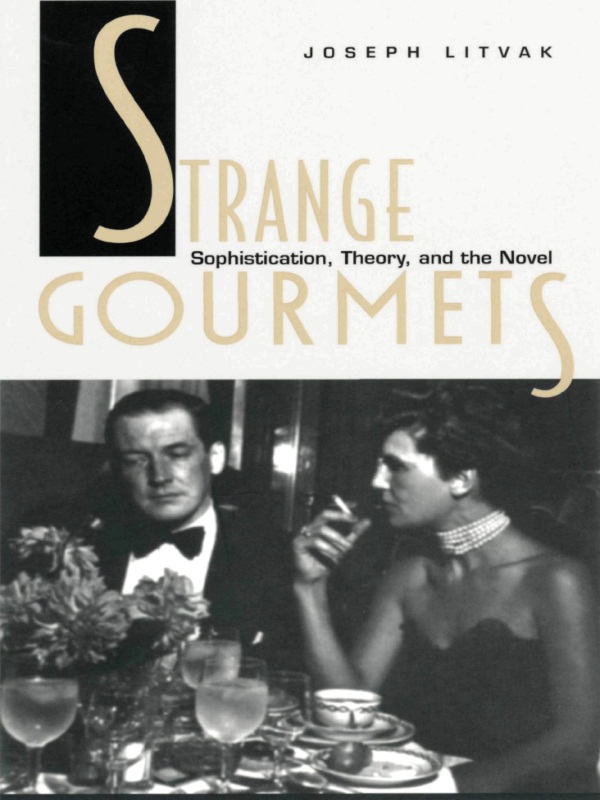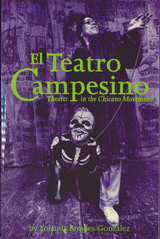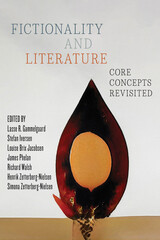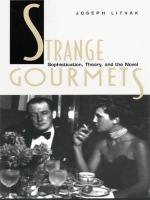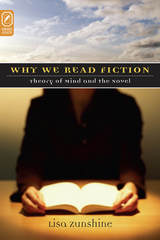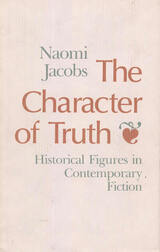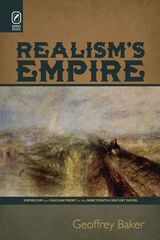Strange Gourmets: Sophistication, Theory, and the Novel
Duke University Press, 1997
Cloth: 978-0-8223-2007-4 | Paper: 978-0-8223-2016-6 | eISBN: 978-0-8223-9823-3 (standard)
Library of Congress Classification PN3331.L58 1997
Dewey Decimal Classification 808.3
Cloth: 978-0-8223-2007-4 | Paper: 978-0-8223-2016-6 | eISBN: 978-0-8223-9823-3 (standard)
Library of Congress Classification PN3331.L58 1997
Dewey Decimal Classification 808.3
ABOUT THIS BOOK | AUTHOR BIOGRAPHY | REVIEWS | TOC | REQUEST ACCESSIBLE FILE
ABOUT THIS BOOK
Theoretically sophisticated: How often has this term been used to distinguish a work of contemporary criticism, and what, exactly, does it mean? In Strange Gourmets, Joseph Litvak reclaims sophistication from its negative connotations and turns the spotlight on those who, even as they demonize sophistication, surreptitiously and extensively use it.
Though commonly thought of as a kind of worldliness at its best and an elitist snobbery at its worst, sophistication, Litvak reminds us, remains tied to its earlier, if forgotten, meaning of "perversion"—a perversion whose avatars are the homosexual and the intellectual. Proceeding with his investigations from a specifically gay academic perspective, Litvak presents thoroughly inventive readings of novels by Austen, Thackeray, and Proust, and of theoretical works by Adorno and Barthes, each text epitomizing sophistication in one of its more familiar modes. Among the issues he explores are the ways in which these texts teach sophistication, the embarrassment that sophistication causes the sophisticated, and how the class politics of sophistication are inseparable from its sexual politics. Helping gay, queer, feminist, and other provocative critics to make the most of their bad publicity, Litvak mindfully celebrates sophistication’s economy of taste and pleasure.
Though commonly thought of as a kind of worldliness at its best and an elitist snobbery at its worst, sophistication, Litvak reminds us, remains tied to its earlier, if forgotten, meaning of "perversion"—a perversion whose avatars are the homosexual and the intellectual. Proceeding with his investigations from a specifically gay academic perspective, Litvak presents thoroughly inventive readings of novels by Austen, Thackeray, and Proust, and of theoretical works by Adorno and Barthes, each text epitomizing sophistication in one of its more familiar modes. Among the issues he explores are the ways in which these texts teach sophistication, the embarrassment that sophistication causes the sophisticated, and how the class politics of sophistication are inseparable from its sexual politics. Helping gay, queer, feminist, and other provocative critics to make the most of their bad publicity, Litvak mindfully celebrates sophistication’s economy of taste and pleasure.
See other books on: Litvak, Joseph | Novel | Semiotics & Theory | Theory | Theory, etc
See other titles from Duke University Press
